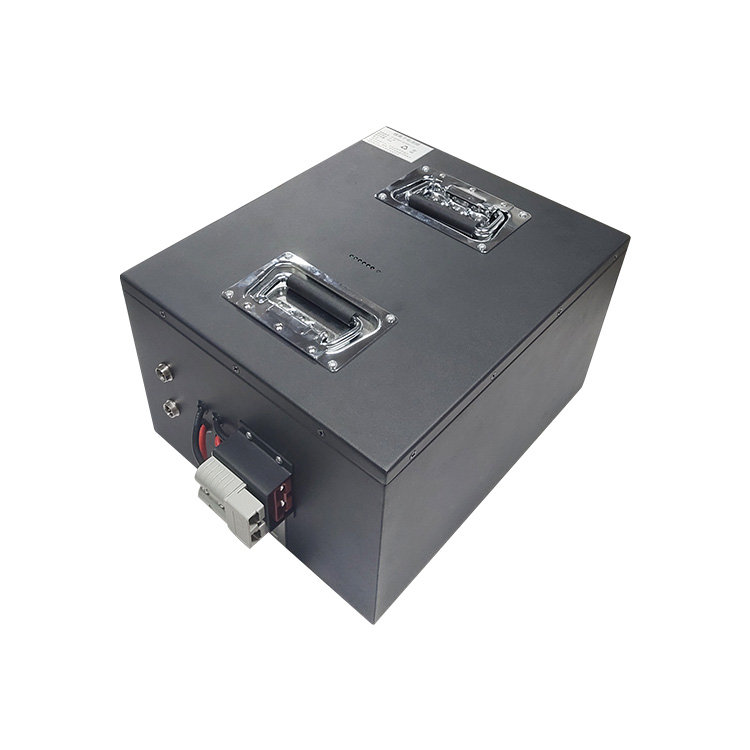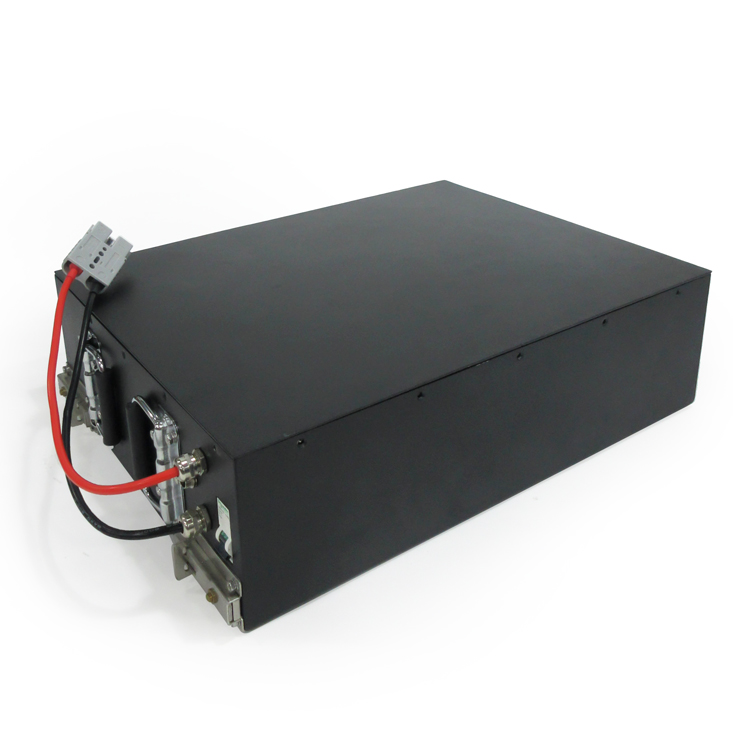The Key Role of UAV Battery Monitoring System (BMS) in UAV Power System
As an important application carrier of modern aviation technology, unmanned aerial vehicles are widely used in aerial photography, surveying and mapping, logistics, agriculture and other fields. The flight performance and safety of unmanned aerial vehicle depend on the stability of its power system to a large extent. As the main power source of unmanned aerial vehicle, lithium battery directly affects the endurance and flight safety of unmanned aerial vehicle. As the core component of the UAV power System, the UAV Battery Monitoring System (Battery Monitoring System, referred to as BMS or UAV BMS) undertakes the important responsibilities of real-time Monitoring, management and protection of lithium batteries. This article will focus on the definition, function, application of UAV BMS and its importance in UAV system.
I. Overview of UAV battery monitoring system (BMS)
UAV BMS is an intelligent monitoring and management system specially designed for UAV lithium battery. Its core goal is to ensure that the battery runs in a safe and stable state. By collecting various electrical and environmental parameters of the battery in real time, potential safety hazards can be detected and prevented in time, and the battery life can be prolonged, at the same time, the battery performance is optimized to ensure the normal flight of unmanned aerial vehicles.
BMS is usually integrated into the power system of unmanned aerial vehicle, and real-time monitoring of key indicators such as battery voltage, current and temperature is realized through sensors and control modules, and interact with UAV flight control system and other electronic equipment.
II. Core functions of UAV BMS
UAV BMSThe functions are mainly reflected in the following aspects:
1. Real-time monitoring of battery status
UAV BMS can collect key parameters such as battery voltage, current, temperature, charging and discharging status in real time. Through continuous monitoring of these data, BMS can accurately reflect the running status of the battery and provide reliable battery status information for UAV flight.
- Voltage monitoring: monitor the voltage of each cell and the entire battery pack to prevent overcharging or overdischarging.
- Current Monitoring: monitor the charge and discharge current to ensure that the current is within a safe range and avoid over-current damage.
- Temperature Monitoring: monitor battery temperature through multi-point temperature sensor to prevent overheating or low temperature from affecting performance.
2. Protect battery safety
UAV BMS has multiple protection mechanisms to prevent battery damage or safety accidents in abnormal situations.
- Overvoltage protection: When the battery voltage exceeds the set threshold, the BMS will cut off the charge in time to prevent the battery from overcharging.
- Undervoltage protection: if the battery voltage is lowerAt the lower limit, BMS will stop discharging to avoid permanent damage to the battery caused by over-discharge.
- Overcurrent protection: monitor abnormal current to prevent short circuit or large current impact.
- Over-temperature protection: when the temperature exceeds the safety range, BMS will limit the battery usage or alarm to prevent thermal runaway.
- Short circuit protection: quickly detect and cut off short-circuit current to reduce security risks.
3. State estimation and data management
UAV BMS calculates key indicators such as the state of charge (SOC), State of Health (SOH) and remaining capacity of the battery through algorithms to help the flight control system reasonably schedule the battery power and prolong the battery life.
- SOC estimation: reflect the remaining battery power and guide the flight time and charging requirements of the UAV.
- SOH evaluation: Assess the battery health status and determine whether the battery needs maintenance or replacement.
- Loop count: record the charge and discharge cycle and assist the battery life management.
4. Battery balance management
UAV battery pack is usually composed of multiple battery cells, and the performance difference between the cells may lead to uneven voltage, affecting the overall performance and life of the battery pack. Through active or passive equalization technology, BMS adjusts the voltage of each monomer to keep the battery pack balanced and improve the overall efficiency.
5. Communication and remote monitoring
modern UAV BMS supports communication interfaces with flight control systems, ground stations and other equipment to realize real-time transmission of battery data and remote monitoring. The pilot or ground control center can obtain it in real time. Battery status, adjust the flight plan in time to improve flight safety and reliability.
III. Typical application scenarios of UAV BMS
the application of UAV BMS runs through the whole process of UAV design, manufacture, flight and maintenance. The specific performance is as follows:
1. Flight safety assurance
during the flight, BMS prevents flight accidents caused by abnormal batteries through real-time monitoring and fault warning. For example, if the battery temperature rises abnormally, BMS can automatically limit the battery output power to ensure the safe return of the UAV.
2. Endurance optimization
by accurately estimating the remaining battery power and health status, BMS helps UAV flight control system reasonably allocate battery resources, optimize flight paths and mission arrangements, and maximize battery life.
3. Battery Life Management
UAV BMS records battery usage data, reasonably controls charging and discharging behavior, avoids overcharging and deep discharging, prolongs battery life and reduces operating costs.
4. Maintenance and fault diagnosis
through data analysis and fault diagnosis functions, BMS can detect potential battery problems in advance and remind maintenance personnel to handle them in time to avoid major faults.
IV. Importance of UAV BMS
UAV BMS plays an irreplaceable role in UAV power system, and its importance is mainly reflected in:
- security: through multi-layer protection machineSystem, effectively prevent abnormal battery overcharge, overdischarge, overcurrent, overtemperature, etc., and reduce safety risks such as fire and explosion.
- Improved performance: optimize the battery power output and endurance, and enhance the flight efficiency and mission completion capability of the UAV.
- Extended life: intelligently manage the battery charging and discharging process, reduce battery damage and prolong the service cycle.
- Support Intelligent Management: seamlessly connect with flight control system and ground station to realize real-time monitoring and remote management of battery status and improve the overall intelligence level of UAV.
As the core component of UAV power system, UAV battery monitoring system (BMS) undertakes the important task of real-time monitoring, management and protection of lithium batteries. It not only ensures the safe operation of the battery, but also optimizes the battery performance and life, and improves the flight safety and endurance of the UAV. With the wide application of UAV technology, the importance of BMS becomes more and more prominent.
 Dongguan Juneng New Energy Technology Co., Ltd.
Dongguan Juneng New Energy Technology Co., Ltd.
 137 5142 6524(Miss Gao)
137 5142 6524(Miss Gao)
 susiegao@power-ing.com
susiegao@power-ing.com
 Xinghuiyuan High tech Industrial Park, Dalang Town, Dongguan City, Guangdong Province
Xinghuiyuan High tech Industrial Park, Dalang Town, Dongguan City, Guangdong Province













 Yue Gong Wang An Bei No. 4419002007491
Yue Gong Wang An Bei No. 4419002007491